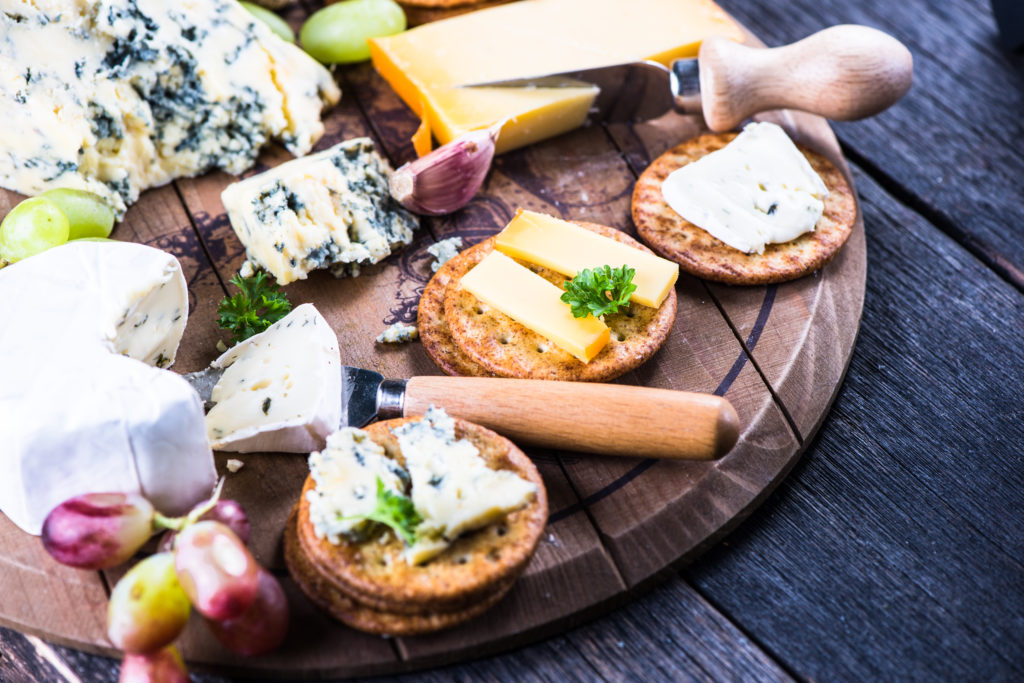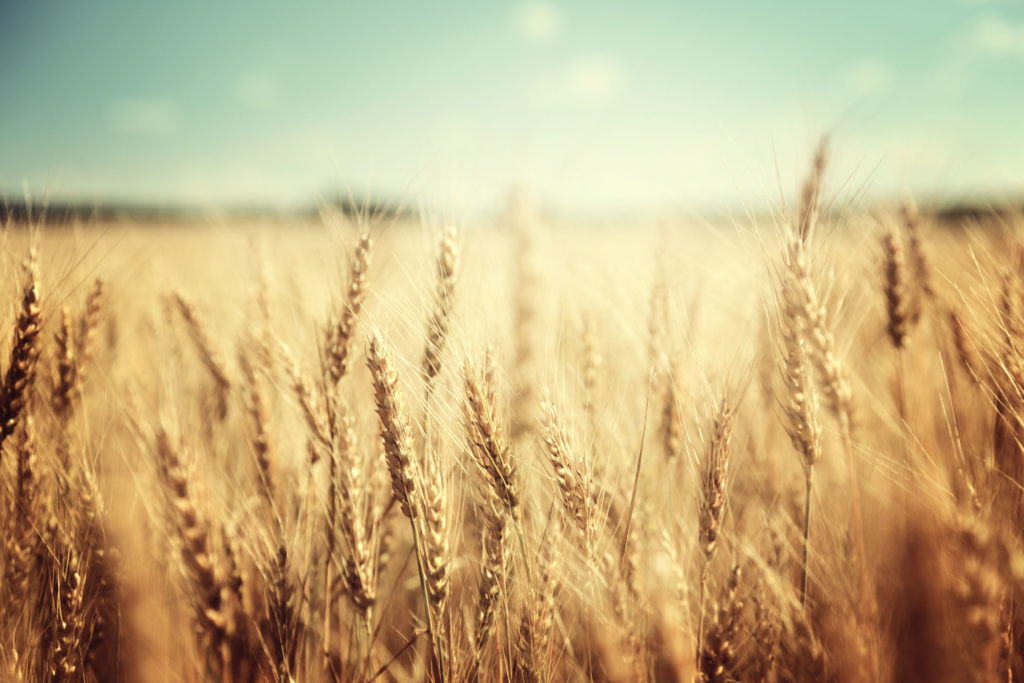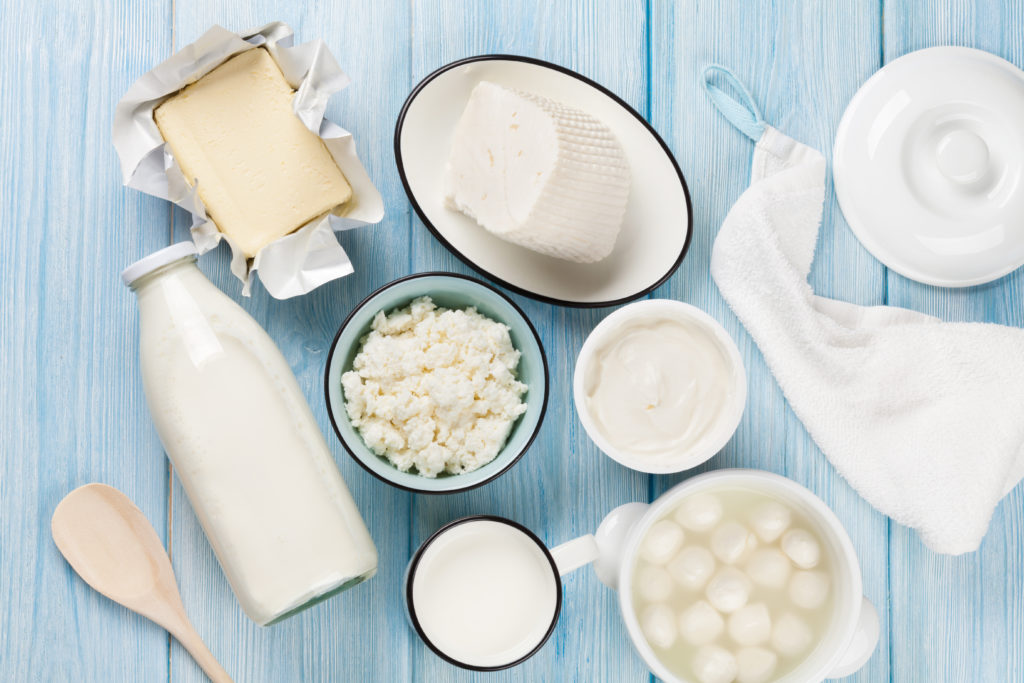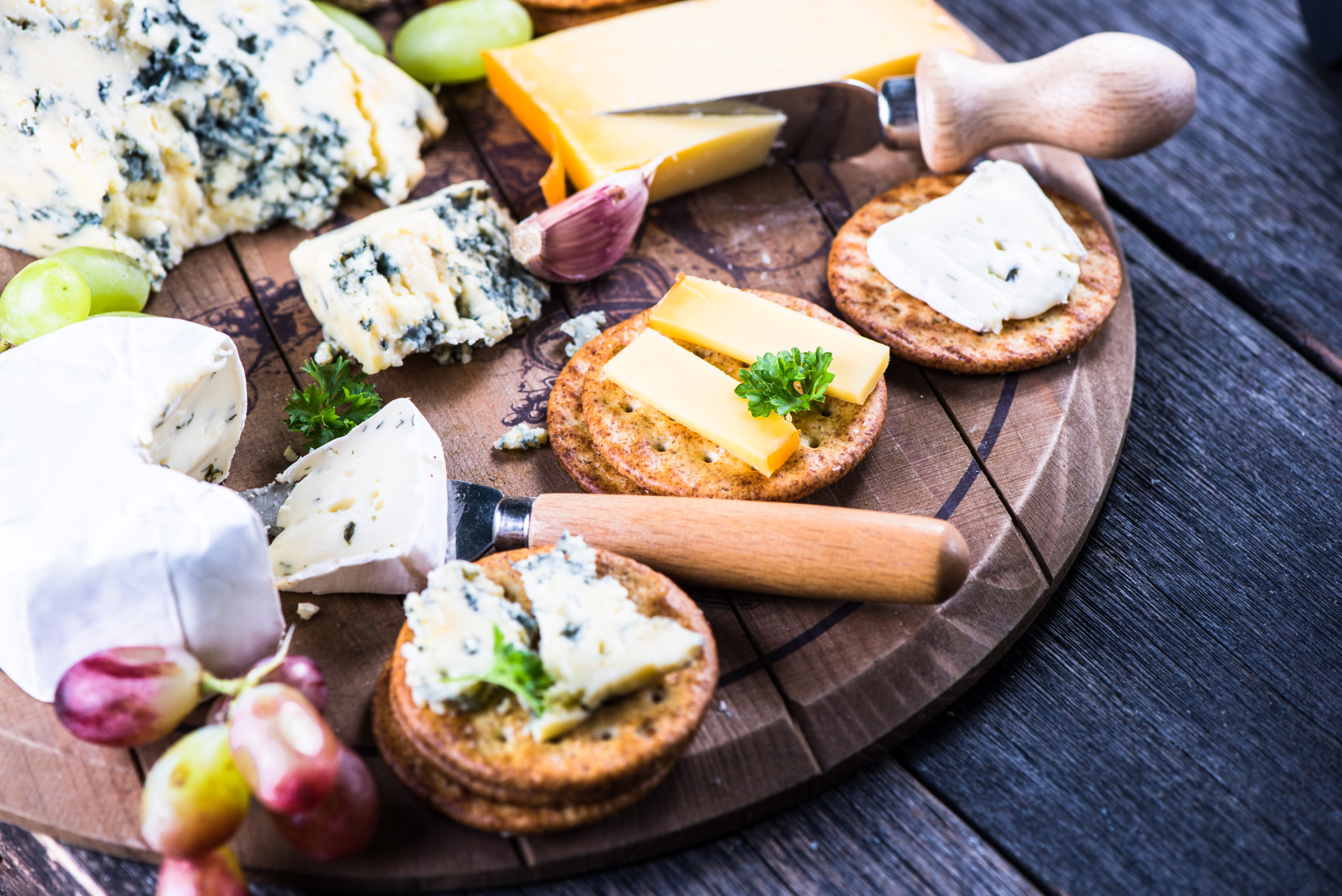
There are certain questions and assumptions that I hear over and over when it comes to building the best diet for cancer recovery or prevention. My goal is to bring clarity to as many of these confusing topics as possible. Today I want to discuss the following assumption:
“Gluten and dairy are toxic foods that should be avoided when following an anticancer diet.”
Have you heard that before? Do you think it’s true? It could be true for some people but I don’t believe it’s true for everyone. Keep reading because in today’s article I want to help you get to the bottom of this assumption and determine what would be the best choice for you.
Is Gluten Toxic?

Let’s tackle the topic of gluten first. In case you don’t already know, gluten is a protein found in certain grains; most notably wheat, barley, and rye. Gluten is created when two molecules, glutenin and gliadin, come into contact and form a bond.
Humans have been eating gluten for at least 10,000 years. And as of my last check, there are no studies that have shown a direct link between gluten and cancer. The exception to this is for those with poorly managed Celiac Disease or Gluten Sensitivity. If left untreated (which basically just means you keep eating gluten even though it’s hurting you) studies have shown an increased risk for certain lymphomas and intestinal cancers. It also appears that gluten sensitive patients may even have an increased risk of death from cancer. You can read more about these risks here: 1, 2, 3.
About 1% of the population has Celiac Disease & must completely avoid gluten as they are allergic to it & even the briefest exposure can trigger an immune reaction and damage the villi of the small intestine. It is estimated that another 5-10% of the population may have a sensitivity to gluten…which means over time, after repeated exposure, it too will damage the lining of the gut and create a condition known as Leaky Gut.
The solution…avoid gluten! For those people it is absolutely imperative that they avoid gluten and minimize any damage to their gut in order to manage their risk for cancer.
But what about everyone else? Should we all be avoiding it…just to be safe? The true problem is that our modern day wheat is not what it used to be.
Issues Other than Gluten
The first issue is that unless certified organic, today’s wheat is heavily sprayed with glyphosate (aka “Round-Up”). Glyphosate is a known carcinogen and disruptor to the microbiome. So much so, that some people hypothesize that gluten sensitivity is actually a condition caused by glyphosate…not gluten. Chronic exposure to glyphosate has been shown to damage the intestinal lining and cause a leaky gut.
Why is this important? Because a leaky gut has been implicated as a root cause to some cancers. Leaky gut increases inflammation throughout the body, allows pathogens and carcinogens to cross from the gut into the bloodstream, and can burden the immune system. You can read more about this connection here: How A Leaky Gut Can Lead To Cancer.
Another issue with gluten is that our modern-day production of wheat has caused it to be even higher in gluten and other compounds that are hard to digest. This may very well explain why our grandparents or great-grandparents never had any issues with wheat and yet we all feel bloated and uncomfortable after eating bread, pasta, etc.
Healthier Options
I know what you’re thinking. All of this seems to be pointing to the direction of avoiding. However I actually don’t advise this unless you know you have a sensitivity. The reason is because research also shows that whole-grain diets lower cancer risk. And unless you’re choosing non-gluten whole grains (like quinoa, rice, corn, or millet for example), gluten-free products (breads, crackers, cookies, etc) are not necessarily healthier. In fact, many of them are loaded with sugar, bad fats, and other processed ingredients. I would argue that this could ultimately be just as dangerous to your gut and your immune system as a gluten sensitivity.
As a first step, I suggest choosing only organic wheat and gluten products, to remove the glyphosate issue. Then, whenever possible, choose products that are made in traditional ways; with stone milling, sourdough starters, or sprouting. Not only does this produce a more nutritious food it also makes it much easier on your gut.
If after those changes you still notice some digestive distress after eating wheat or other gluten products, then try an elimination. It’s the only way to know for sure if you have a sensitivity. And if you do, then it’s definitely worth avoiding. I discuss more about how to move through an elimination diet further down in the article.
Is Dairy Toxic?

Dairy is a bit trickier to assess because there is actually research on both sides of the debate. Some studies have shown that diets which include dairy may be protective against cancer; specifically stomach, colorectal, or bladder cancer. And other studies which have shown a possible link between dairy and increased risk for cancer; specifically prostate, ovarian, lung, or breast cancers.
Certain components like calcium, vitamin D, CLA (which is a type of fatty acid that can boost the immune system), and probiotic content have all been linked to lower cancer risk. Where other compounds, such as IGF-1, may increase risk by increasing inflammation and stimulating the growth of cancer cells.
There is also some concern that the hormones naturally found in milk (even grass-fed, organic milk) might increase the growth of hormone-sensitive cancers, like breast, ovarian, or prostate. But the truth is that the amount of hormones present in milk is much smaller than what your body is naturally producing, or even what you’re exposed to from your environment (xenoestrogens).
Then there is the issue of quality. And unfortunately this aspect is not directly assessed in the cancer research. Organic dairy produced from pastured animals is going to be higher in anti-inflammatory omega-3s and CLAs whereas dairy produced from conventionally raised animals will not contain these protective fats and may contain pesticide or medication residues depending on what the animal was given.
You see the complexity here? We really can’t just make a wide-arching claim that dairy is good or bad. There are many different factors that should be considered.
And finally, just like with gluten, if you are sensitive to dairy and not digesting it well then over time this will damage the intestinal lining and cause a leaky gut; again potentially increasing risk for various cancers.
You can dive deeper into the research regarding dairy and cancer here: 1, 2, 3, 4, 5, 6, 7
Digestion is Key…Food Elimination & Testing
A healthy gut is one of our pillars of cancer prevention and recovery. Although I do not believe that gluten and dairy are cancer toxins and must be avoided by everyone, I do know that if you’re not digesting these foods well it will create problems down the road.
It’s really important that you trust your intuition here. If you have any suspicion that you may in fact be reacting to gluten and/or dairy, then I highly suggest moving through an elimination diet.
Be mindful to include all possible sources of either gluten or dairy and completely remove them for 3 to 4 weeks. Keep track of how you’re feeling and if you notice any changes, especially in your digestion, after taking these foods out of your diet.
After the elimination window, you then need to “test” the food to see if it causes a reaction. I suggest bringing 1 small portion of the food back into your diet on Day 1. Make sure you’re only testing 1 food at a time. If you don’t notice any change then bring in 2 larger portions on Day 2. Then nothing on Day 3. This will help you observe for both immediate and delayed reactions.
With dairy you might want to first test sheep or goat’s milk as these tend to be easier to digest than cow’s milk. If you tolerate the sheep or goat, then give the cow based dairy a try.
If you notice a reaction or change then ideally keep the food completely out of your diet for another 3 months to allow the gut to heal and repair. After the 3 months, you can try testing it again to see if it still causes a reaction. Sometimes after healing has occurred you may in fact tolerate it again. However, over time, or if you eat the food too often, the sensitivity could return.
Now this won’t be true if you have an actual allergy to the food, like with Celiac Disease. If that’s the case, then ideally you would avoid the food for the rest of your life.
Listen To Your Body
Whole grains, including whole wheat, and organic pasture-raised dairy foods can be a nourishing part of an anti-inflammatory, anticancer diet. Quality though is essential and you must be digesting it well for it not to cause problems down the road.
I would also argue that amount matters. As with everything, even healthy foods can be overdone. When you rotate through different foods and add variety to your diet it’s a win-win! You get the most nutritional benefit possible while also diminishing the risk of overdoing one or two foods.
Gluten and dairy are not toxic across the board and I do not believe that they must always be avoided when following an anticancer diet. This is why I did not include them in my free guide: The 4 Most Toxic Foods To Avoid During Cancer Recovery.
It’s important though that you listen to your body and remove any foods that seem to cause you digestive distress…as well as the foods that we know can sabotage your goals of healing and recovery. To help you get started, download my free guide.
